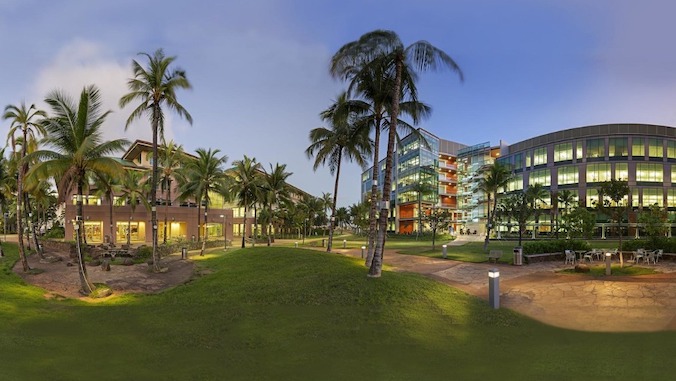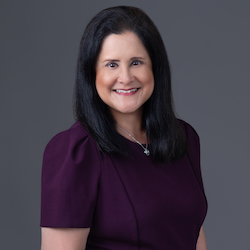
The University of Hawaiʻi Cancer Center and the John A. Burns School of Medicine (JABSOM) have partnered to launch Ka ʻUmeke Lama (Hawaiian for “Bowl of Enlightenment”), a groundbreaking initiative aimed at transforming cancer care in Hawaiʻi and the Pacific. The effort focuses on reducing cancer disparities through cutting-edge research, workforce development, and culturally informed practices.

“The mission of Ka ʻUmeke Lama is to provide equitable access to high-quality cancer care throughout Hawaiʻi and the U.S. Affiliated Pacific Islands by developing a strong and integrated oncology infrastructure,” said UH Cancer Center Director Naoto T. Ueno. “We will help cancer-related healthcare providers to work together to address complex issues in the Hawaiʻi and the Pacific. Our vision is a future where cancer care is accessible, equitable, and rooted in both scientific innovation and cultural understanding. Everyone should have access to high-quality cancer care, regardless of their background or geography.”
The effort is a collaboration with Hawaiʻi Cancer Consortium members, including The Queen’s Health Systems and Hawaiʻi Pacific Health.

Key elements of Ka ʻUmeke Lama include:
- Oncologic Education and Workforce Development: Establishing a medical oncology fellowship program, integrating statewide oncology curricula, and providing cultural competence training for healthcare providers.
- Addressing Health Disparities: Expanding early cancer detection units, deploying oncology providers to underserved areas, enhancing telehealth systems, and launching targeted clinical trials for high-risk populations.
- Enhancing Clinical Research: Increasing clinical trial participation in diverse communities, developing a centralized clinical research database, and incorporating AI-based tools for cancer care.
Hawaiʻi and the U.S. Affiliated Pacific Islands face significant challenges, including high cancer rates among Native Hawaiians, Pacific Islanders and Filipinos, coupled with a shortage of oncology professionals, particularly in rural and remote areas. Native Hawaiians have the highest cancer mortality rate in Hawaiʻi, and certain Pacific Islander groups experience disproportionately high rates of liver cancer. With an aging population—nearly 30% of Hawaiʻi residents will be 65 or older by 2030—the demand for comprehensive cancer care is expected to grow.

“Ka ʻUmeke Lama embodies our commitment to fostering science, equity, and cultural wisdom in oncology care,” said Lee Buenconsejo-Lum, associate dean for academic affairs, who co-leads the initative with Ueno. “By strengthening and expanding the existing partnerships between the UH Cancer Center, JABSOM, and the health system partners of the Hawaiʻi Cancer Consortium; and leveraging JABSOM’s expertise in education, integrating education and research into clinical learning environments, extensive pathway programs from middle school to college, collaborations with the UH schools of nursing, pharmacy, social work and public health and UH community colleges, and large infrastructure grants that help grow the next generation of researchers in partnership with communities; we will be able to more effectively address our community’s needs, and create a distributed model of education, research, and clinical care that will serve patients throughout Hawaiʻi and the U.S. Affiliated Pacific Islands.”
Ka ʻUmeke Lama integrates science, equity and cultural understanding to provide a unified approach to cancer care, offering hope for a future where no one is left behind in the fight against cancer.

